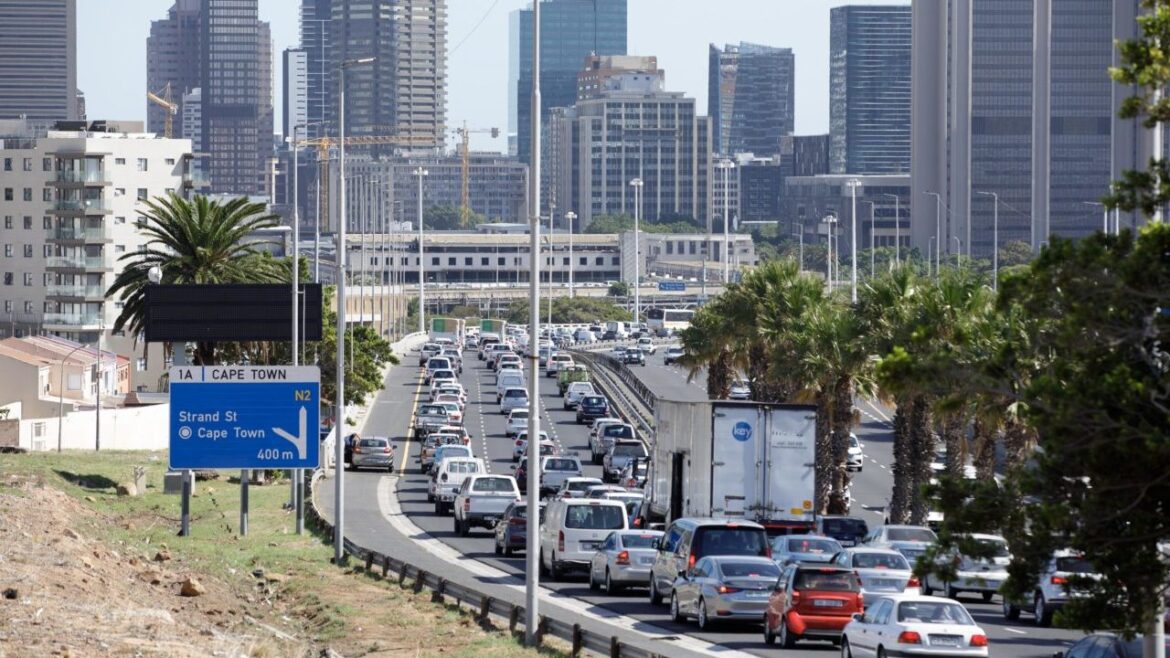Cape Town has once again secured its spot as one of the world’s most congested cities, ranking ninth in the 2024 INRIX Global Traffic Scorecard. This marks the second consecutive year the Mother City has found itself in the top 10, but there’s more bad news for commuters: traffic delays have worsened by 13% compared to the previous year. On average, Capetonians lose a staggering 94 hours each year in traffic—up from 83 hours in 2023. That’s almost four full days spent stuck in congestion instead of enjoying a smoother, off-peak drive.
The global ranking paints a grim picture for the city, which now competes with the likes of Istanbul, New York, Mexico City, and London for the unenviable title of the most traffic-choked urban areas. Istanbul takes the crown as the world’s most congested city, followed by major urban hubs such as New York, Chicago, and Mexico City. Cape Town sits comfortably in the top 10, with other cities like Jakarta, Los Angeles, and Paris also making the list. Brisbane, Australia, rounds out the rankings.
What’s particularly concerning for residents of Cape Town is how the city compares to its South African counterparts. While Johannesburg, Pretoria, Durban, and Pietermaritzburg all saw significant delays, Cape Town’s congestion still far surpasses them. Capetonians face 94 hours of delays per year, while Johannesburg residents lose 55 hours annually, Pretoria drivers see 45 hours of delay, Durban commuters experience 35 hours, and Pietermaritzburg’s delays amount to 33 hours. This disparity highlights just how serious the traffic issues are in the Mother City.
Despite a significant R444 million investment aimed at reducing congestion by 2027, the problem seems to be getting worse rather than better. Traffic delays in Cape Town increased by 11 hours over the past year, adding to the already notorious gridlock. Eugene Herbert, CEO of MasterDrive, warns that as 2025 unfolds, commuters should brace for even worse congestion. As employees return from year-end breaks and schools and universities reopen, even suburban roads, which were once considered less affected, may face drastic increases in traffic.
With the shifting work landscape, particularly the abandonment of hybrid working models, there is little relief in sight for the country’s largest cities. As more people return to the office full-time, the likelihood of worsening congestion increases. The 2024 INRIX Global Traffic Scorecard uses refined methodologies to capture the full scope of urban mobility, providing a more accurate picture of daily commute times based on real, observed trips. This means the situation could get even more pressing as more commuters face longer and more unpredictable journey times.
The grim reality of traffic delays in Cape Town is a wake-up call for both local authorities and residents. Despite the best efforts to address the issue, it seems that the road ahead could be even more challenging than before.
